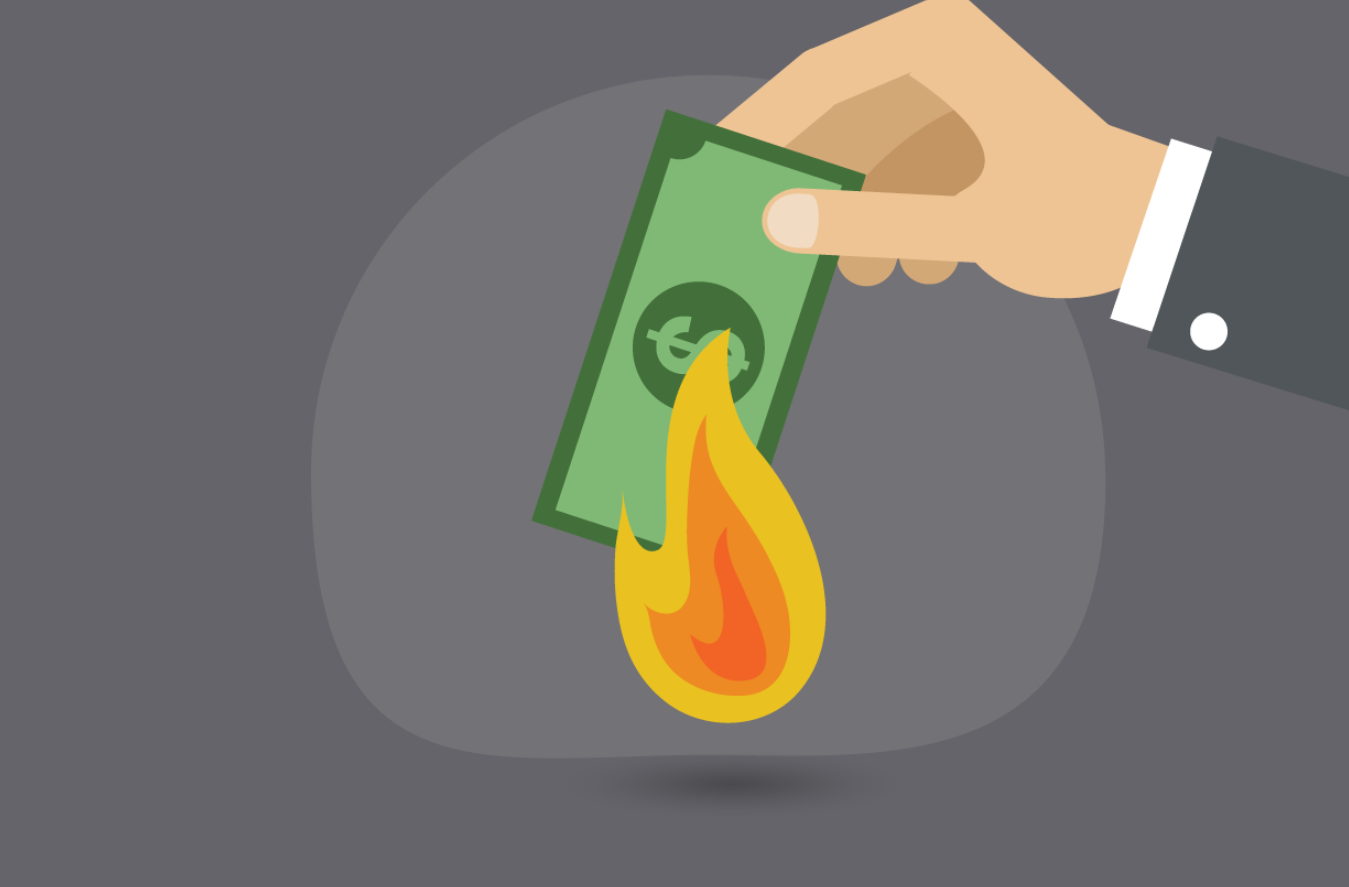Understanding Cash Burn Rate
Cash Burn Rate: The rate at which a company spends its cash reserves to fund operations and cover expenses before generating positive cash flow. It’s a crucial metric for startups, as it indicates
how long a company can sustain its operations with its current cash reserves before needing additional funding or becoming profitable.
Calculating Cash Burn Rate
There are two main types of burn rates:
Gross Burn Rate: The total amount of cash spent per month.
Net Burn Rate: The difference between cash outflows and cash inflows per month.
Gross Burn Rate Formula:
Gross Burn Rate=Cash Balance at Start of Period−Cash Balance at End of PeriodNumber of Months in Period
Gross Burn Rate=
Number of Months in Period
Cash Balance at Start of Period−Cash Balance at End of Period
Net Burn Rate Formula:
Net Burn Rate=Monthly Cash Outflows−Monthly Cash Inflows
Net Burn Rate=Monthly Cash Outflows−Monthly Cash Inflows
Example Calculation
Suppose your company had $500,000 at the beginning of January and $350,000 at the end of March. The cash spent over three months is $150,000.
Gross Burn Rate:
Gross Burn Rate=500,000−350,0003=$50,000 per month
Gross Burn Rate=
3
500,000−350,000
=$50,000 per month
If your company has monthly cash inflows of $20,000:
Net Burn Rate:
Net Burn Rate=50,000−20,000=$30,000 per month
Net Burn Rate=50,000−20,000=$30,000 per month
Assessing Your Cash Runway
Cash Runway: The amount of time your business can continue to operate at its current burn rate before running out of cash.
Cash Runway Formula:
Cash Runway=Current Cash BalanceNet Burn Rate
Cash Runway=
Net Burn Rate
Current Cash Balance
Using the previous example, if your company has $350,000 left:
Cash Runway=350,00030,000≈11.67 months
Cash Runway=
30,000
350,000
≈11.67 months
Managing Your Cash Burn Rate
Monitor Regularly:
Track your burn rate monthly to identify trends and adjust your spending accordingly.
Reduce Unnecessary Expenses:
Identify and cut non-essential costs. This might include renegotiating contracts, finding cheaper suppliers, or reducing marketing expenses.
Optimize Operations:
Streamline processes to reduce overhead. Consider automating repetitive tasks or outsourcing non-core activities.
Increase Revenue:
Focus on strategies to boost sales, such as improving product offerings, entering new markets, or enhancing customer retention.
Extend Cash Runway:
Seek additional funding if necessary, through equity financing, loans, or grants. Diversify income streams to reduce dependency on a single source.
Scenario Planning:
Prepare for different scenarios (best, average, worst) to understand how changes in revenue or expenses could impact your burn rate and runway.
Conclusion
Effectively managing your cash burn rate is essential for the survival and growth of your business. By regularly monitoring and adjusting your spending, optimizing operations, and exploring revenue enhancement strategies, you can ensure your company remains financially healthy and capable of weathering unexpected challenges.
Understanding and controlling your burn rate can make the difference between running out of cash and achieving long-term success.

Cash Burn Rate: Are You Burning Money Faster Than You Earn?
- Home
- 2024-05-20 20:04:54
- Cash Burn Rate: Are You Burning Money Faster Than You Earn?
You can share this story by using your social accounts: